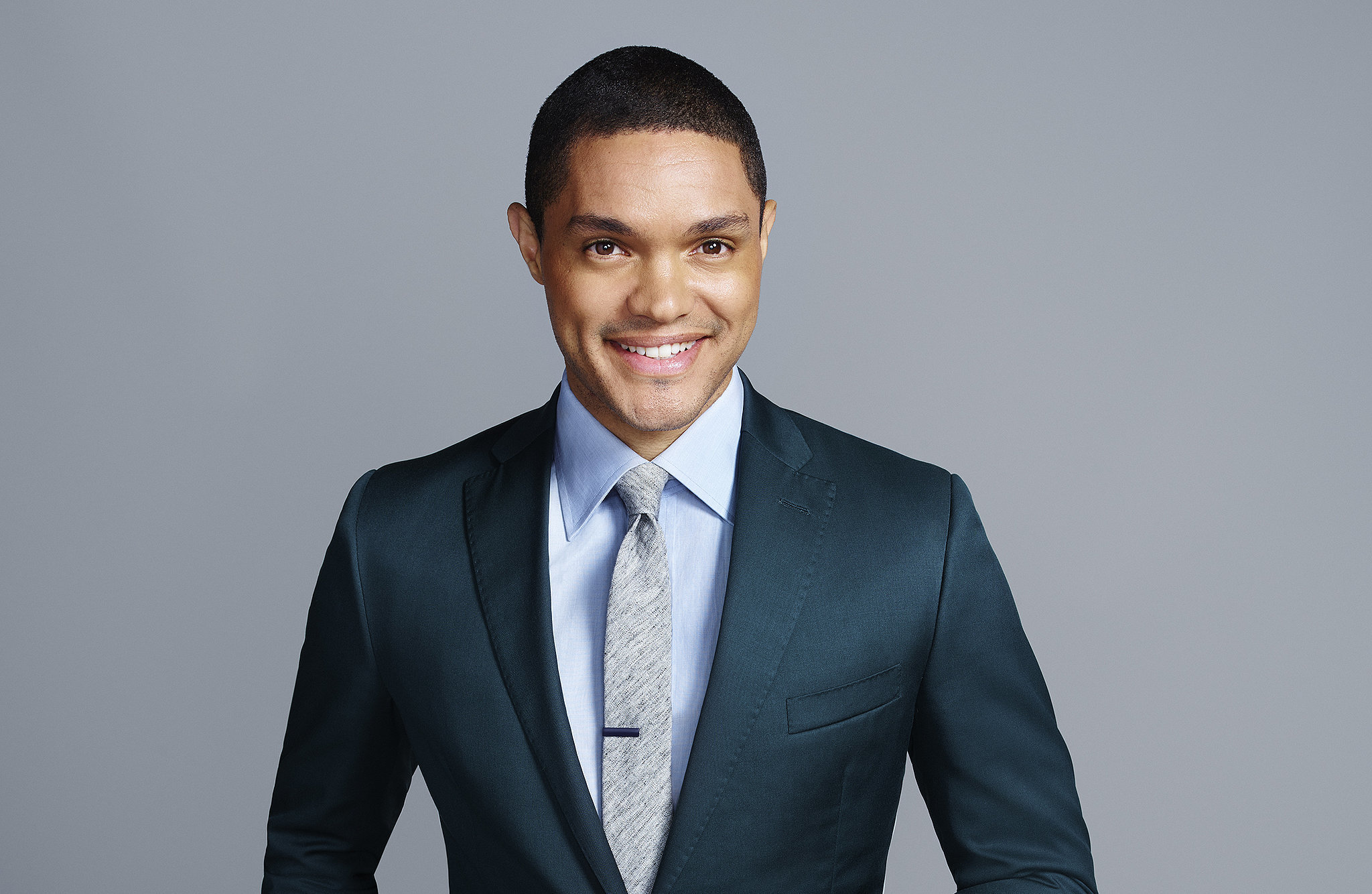![Tweets like this led to international criticism for Trevor Noah. [Trevor Noah/Twitter]](http://www.jstudentboard.com/reporter/wp-content/uploads/2015/07/Screen-Shot-2015-07-16-at-10.09.06-AM-300x173.png)
One of Noah’s tweets, which has been called anti-Semitic, says, “South Africans know how to recycle like [Israel] knows how to be peaceful.” Another tweet says, “‘Oh yeah the weekend. People are gonna get drunk & think that I’m sexy!’ – fat chicks everywhere.”
Although they were meant to be jokes, the tasteless messages were filled with misogyny and anti-Semitism. In response, outraged and shocked fans of the Comedy Central show made their displeasure known through social media.
Carol Rokni, an involved parent who leads programs for children throughout her community to reinforce positive messages and as the coordinator of the Aware and Champions programs in Ozaukee County, WI, told JSR, “[I was] offended and thought [the tweets] were demeaning and disgusting.”
Rokni said that “[the] tweets are unacceptable under any circumstance,” calling Noah a “self-centered bigot.”
Drawing on her background in education, Rokni noted, “If children read tweets like these, or hear people talking like this, at home, at performances, on TV, [or elsewhere], they will learn that it is the way to think, behave, and talk. It will guarantee another generation of bigots.”
Noah himself tweeted in response to many of his critics. Noting his profession as a comedian, the heir to Jon Stewart fired back, “To reduce my views to a handful of jokes that didn’t land is not a true reflection of my character, nor my evolution as a comedian.”
Nora Ptacek, a student journalist for two Fox Cities, Wisconsin area newspapers who has served in positions of leadership within model government groups, gave her opinion that “there is a fine line between making fun of something… for the purpose of comedy and truly meaning it.”
In the minds of many, Noah blatantly crossed that line. The outcry against his social media messages was so large that Comedy Central was forced to release a public statement offering support to Noah, and Stewart dedicated a portion of his April 6 show to defending Noah.
Representatives for the network stated, “Like many comedians, Trevor Noah pushes boundaries; he is provocative and spares no one, himself included. To judge him or his comedy based on a handful of jokes is unfair.”
Stewart implored his audience to “give [Noah] an opportunity to earn [your] trust and respect because my experience with him is that he is an incredibly thoughtful and considerate and funny and smart individual.”
Veteran Daily Show correspondent Aasif Mandvi raised several points against Noah’s detractors, saying he “think[s the backlash is] much-ado-about nothing.”
In recognition to the fact that some of Noah’s tweets date as far back as 2009, meaning that the comedian was only 25 when he posted them, Mandvi questioned, “How much are we responsible for what we say on Twitter five or ten years ago?”
Perhaps Noah’s biggest mistake was not in making the jokes themselves, but in choosing Twitter as a platform. Plenty of comedians make jokes in poor taste all the time, notes Rachel Rauch, head of the Highlander Publications news magazine at Homestead High School in Mequon, Wisconsin.
Rauch told JSR that a tweet like the one regarding Israeli-Gaza conflict “sounds like something that could come out of Jon Stewart’s mouth,” reminding pundits of the similarly polarizing comments of Noah’s predecessor.
No, Noah’s biggest fault lies not in the jokes, but in putting them online. Rokni noted that there is a “huge difference between oral and written communications. Being in writing makes it something that can be read over and over again.”
Rauch found miscommunication as the catalyst for the negative reception of Noah’s comments. “If you’re using [the jokes] as part of a comedy act, that’s one thing. If you’re putting [controversial messages] out on Twitter where [they] can be misconstrued or taken out of context, I think you need to clarify that.”
Rauch also warned against the dangers of misusing social media, that “Whether you are a student or a teacher or you are in the public eye, that Twitter profile is linked to your persona. Whatever you put [online] reflects on you.”
Hopefully, Noah will be more careful from now on, knowing full well the impact that tweets can have on his reputation and career. Now, it’s up to his performance on the show to determine whether he’s remembered more for his tweets than his anchoring.
According to CBS’ John Dickerson, “It is not compulsory that people watch him, it turns out they can just not watch him if they don’t like what he says. If he says things that are unfunny or stupid or offensive, then the market will fix that.”
Noah is slated to take the anchor’s chair on September 28.

